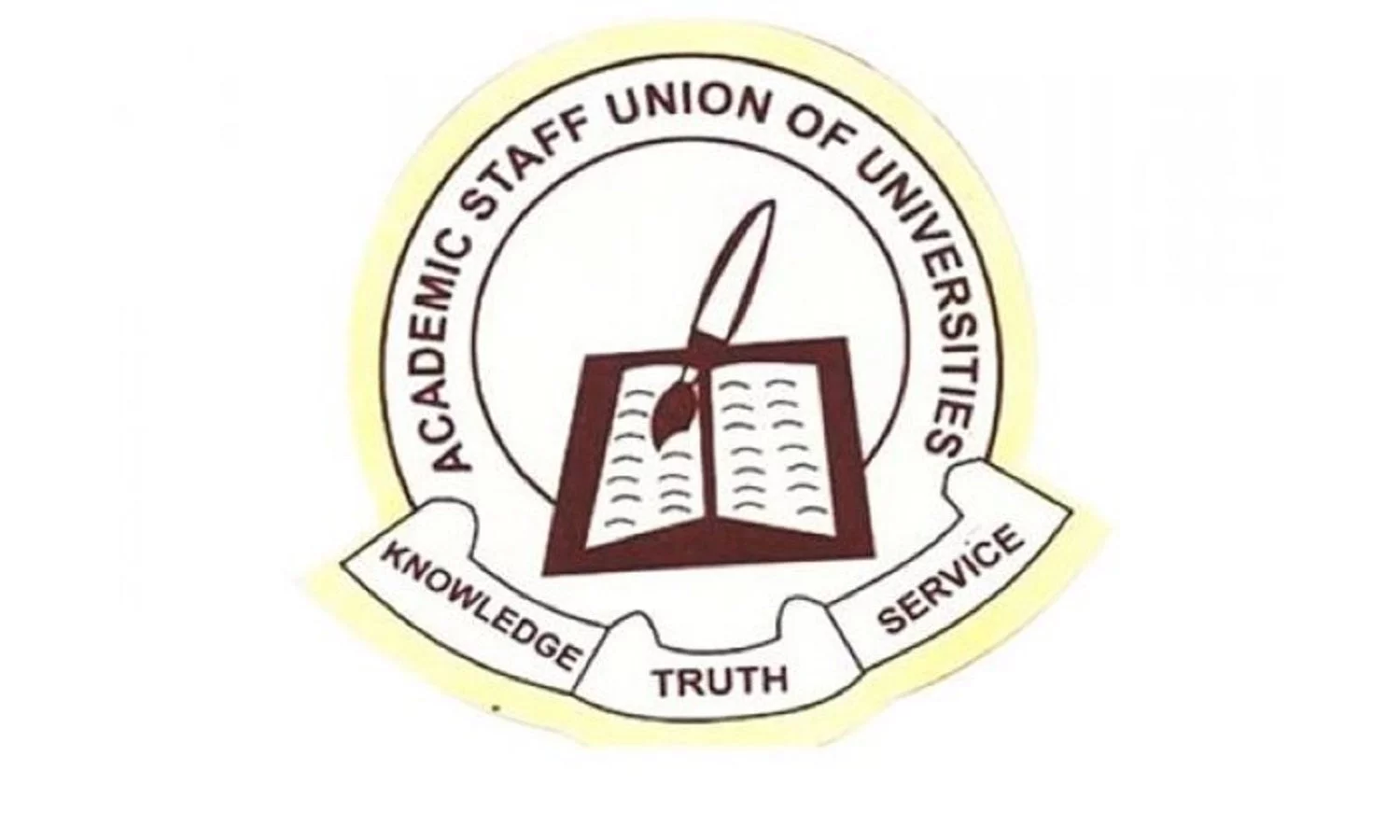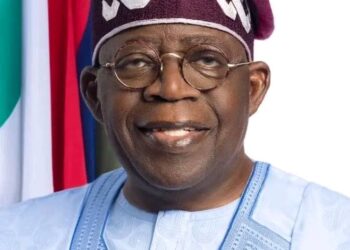The recent signing of a memorandum of understanding (MoU) between Nigeria and Hungary has continued to elicit hope amongst many Nigerians that the restoration of the fortunes of the education is very much in sight. SIMEONE NWAKUDU takes a look at the import of the signed agreement
The Minister of State for Education, Barr. Ezenwo Nyesom Wike had on July 21 and 22 concluded negotiations for the award of 50 post graduate and undergraduate scholarships to deserving Nigerian students under the sponsorship of the Hungarian Government. The process which was initiated by the Minister and Nigerian Ambassador to Hungary, Chief Eddy Onuoha started months ago.
The Highpoint of the event was the signing of a memorandum of understanding between the Nigerian and Hungarian Governments on the promotion of educational cooperation between both nations.
Wike signed the memorandum of understanding (MoU.) on behalf the Federal Government of Nigeria while Dr Lazlo Palkovics, Hungarian Minister of State for Higher Education in the Ministry of Human Resources signed on behalf of the Hungarian Government.
The Memorandum of Understanding is between the Nigerian Federal of Education and the Hungarian Ministry of Human Resources on Educational Cooperation for 2014, 2015 and 2016.
Speaking at the MoU. signing ceremony, Wike declared that the bilateral relationship on the sponsorship of 50 Nigerian Students in Hungarian universities is an indication of the progress the Jonathan administration has attained as regards the sustained development of education, which foreign governments are now appreciating.
He said that the Jonathan administration is happy with the new scholarship Window provided by the Hungarian Government for Nigerian students, stressing that the administration would ensure that only students who are academically sound are short listed for the Hungarian Scholarship Scheme.
The Minister informed the Hungarian government that President Jonathan has made access to quality education from basic to the tertiary education level as the cornerstone of his educational development policy; hence the new scholarship from Hungary is a welcome development.
The minister further expressed satisfaction that the new relationship between Hungary and Nigeria has led to the reopening of the Hungarian Embassy in Nigeria, which will benefit Nigerian students seeking visa to further their education.
He said: “The Federal Ministry of Education is happy for the scholarship which your government has extended to Nigeria and we commend you. For us as Nigerians, we pledge our commitment to the implementation of this MoU”.
The Hungarian Minister of State for Higher Education, Dr Lazlo Palkovics declared that the Hungarian Government extended the scholarships to Nigeria as a platform for the promotion for positive educational bilateral relations.
He said that with the signing of the MOU both countries would advance their educational cooperation to higher levels that would benefit their citizens.
Dr Palkovics urged more Nigerians to take advantage of the high quality Hungarian educational programme to empower themselves professionally.
With more Nigerian students expected to train in different professional areas in Hungary, the
Minister of State for Education, Barrister Ezenwo Nyesom Wike held a bilateral meeting with officials of the Hungarian Ministry of Foreign Affairs and Trade to facilitate the security of Nigerian students and get concessionary fees for students on private sponsorship.
The Hungarian team was led by the Hungarian State Secretary of the Ministry of Foreign Affairs and Trade, Mr Laszlo Szabo. The deliberations were fruitful and touched on key areas of access to quality education.
The Minister at the meeting requested for the protection of Nigerian students who reside off campus became necessary in view of the fact that over 800 Nigerian students are already studying in Hungary, most of them on private sponsorship and residing off their respective campuses.
The Minister also called on the Hungarian Government to formally consider promoting concessionary fees for prospective Nigerian students who intend to seek higher education in Hungary.
He said: “Because of the number of Nigerian students already studying in Hungary and those who intend to study in the country, we are asking that you implement concessionary fees for our students. We are also reiterating our commitment to fully implementing all the aspects of the memorandum of understanding signed with your Ministry of Human Resources on the award of free scholarship to our students.
“We are pleased with the re-opening of the Hungarian Embassy in Abuja to ensure that prospective students get their visas in Abuja rather than moving over to Kenya or Egypt. This relationship will develop on all fronts and our Ambassador has assured that all applicants for business visa from your country will get favorable response. We believe this bilateral relationship will lead to investments in other key areas of the Nigerian economy”.
Speaking at the meeting, Mr Laszlo Szabo, State Secretary of the Hungarian Ministry of Foreign Affairs and Trade declared that the country is desirous of furthering the cooperation with the Nigeria in the areas of higher education and economic development.
Advancing the frontiers of quality education has been one of the cornerstones of the Jonathan administration. This is another clear example that no stakeholder of the nation’s education sector would be left without due attention.
The administration has incrementally achieved the goal of access to quality basic and tertiary education on all fronts. The fundamental objective being to use education as a tool for the empowerment of less privileged Nigerians.
Annually, well over 1.6million Nigerian applicants vie for limited admission spaces into the nation’s tertiary institutions. At the time President Goodluck Ebele Jonathan took over the reins of governance, the carrying capacity of the tertiary institutions was below 500,000. This has been increased to about one million slots.
Despite this improvement, Nigeria still has the challenge of accessing quality tertiary education for her qualified candidates. The federal government has been working hard to resolve this challenge through expansion of learning facilities in schools and training of academic and non academic staff.
To further ensure that Nigerians who seek tertiary education abroad are not short-changed, the Federal Government has opened up direct linkages with key new foreign destinations of Nigerian students to ensure they are of standard and meet the security requirements.
Simeon Nwakaudu is the Special Assistant (Media) to the Minister of State for Education.



